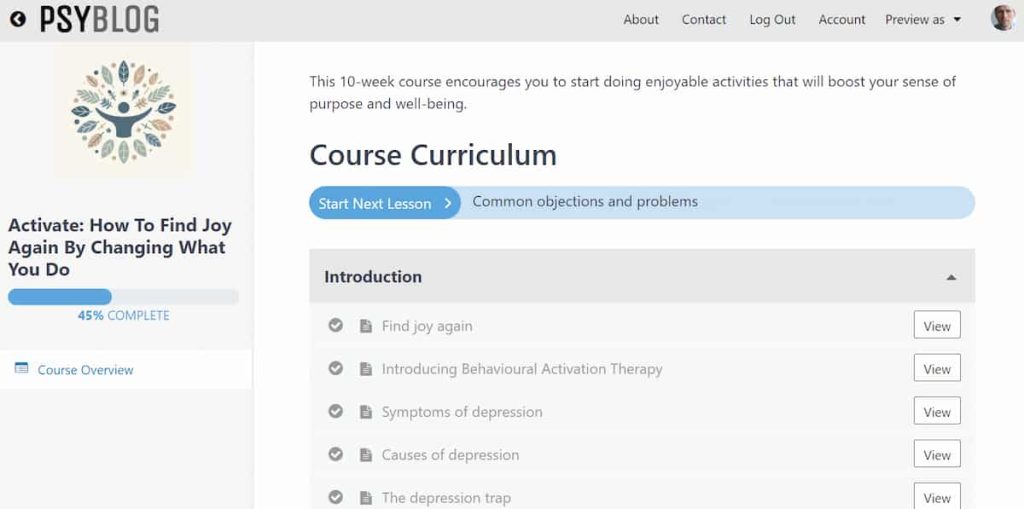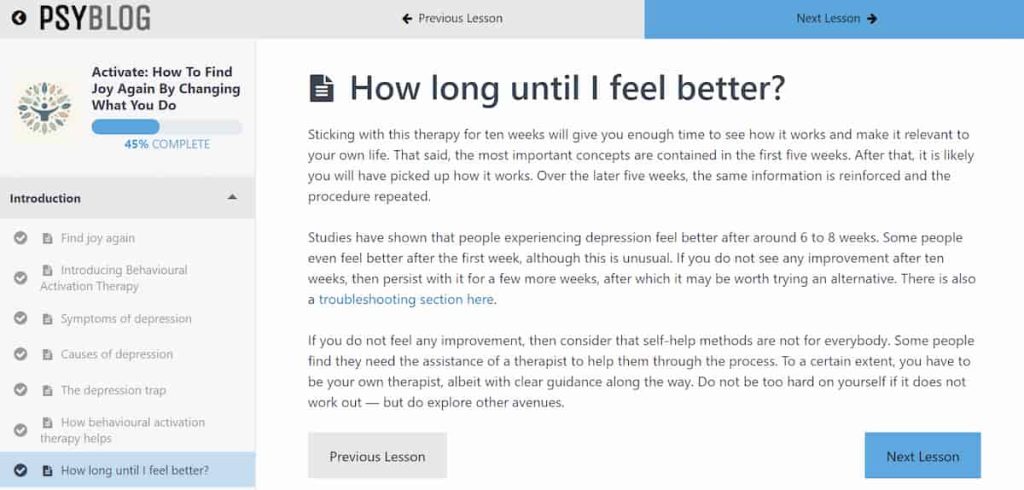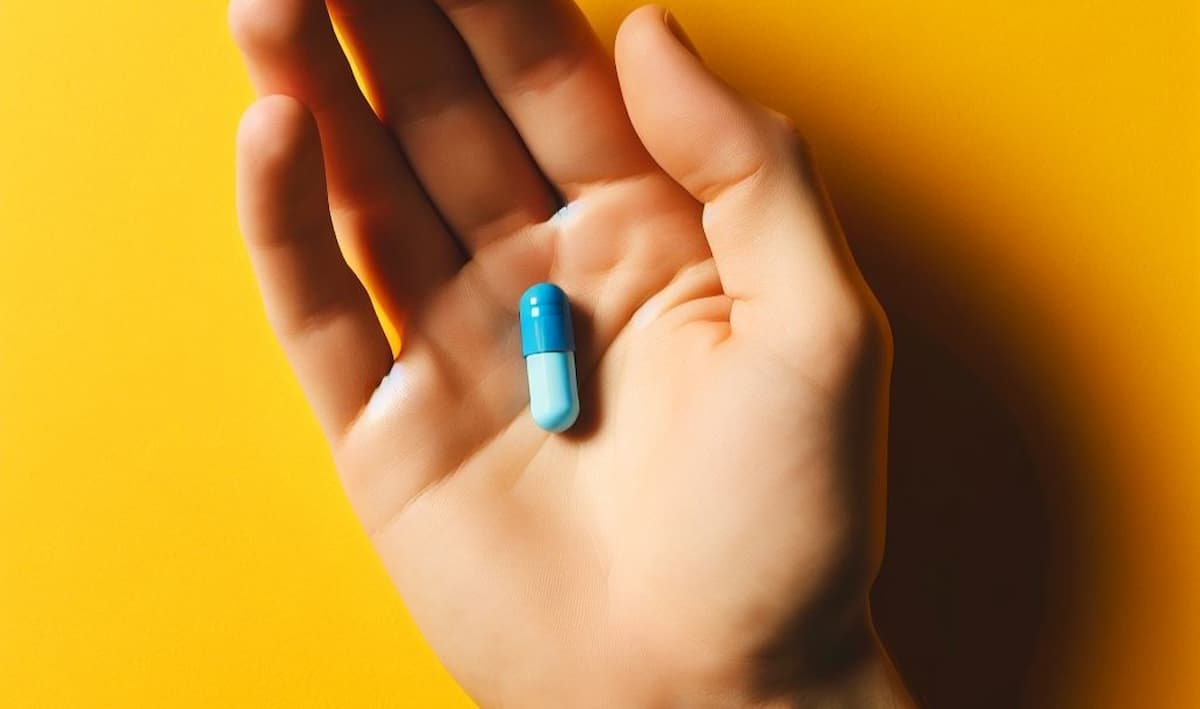Mental health problems can lead to a vicious circle that badly damages relationships.
Mental health problems can lead to a vicious circle that badly damages relationships.
Women who are depressed lose their ability to read emotions and this damages their relationship, research finds.
Women’s depression also causes their husbands to become less empathic.
The loss of ’empathic accuracy’ on both sides erodes the relationship, leading to more depression — and so the vicious circle continues.
The conclusions come from a study of 50 couples who had been together for an average of five years.
Couples recorded how their relationship was going over a period of three weeks.
The results showed that when a woman was depressed, she was worse at reading her partner’s emotions.
Depression had no effect on men’s empathic accuracy.
However, when women became less empathic, their partner also became less empathic — so mutual understanding was lost in both directions.
The study’s authors write:
“…women’s depressive symptoms are associated with poorer interpersonal perception—both their own and their partners’.
This impairment is specific to negative feelings…empathic accuracy is an interpersonal mechanism that underlies the association between depressive symptoms and interpersonal stress.”
This shows the extremely damaging effect of women’s depression on a relationship.
Women become less empathic when depressed, and this damages the relationship.
Dr Reuma Gadassi, the study’s first author, explained that the effect spreads from women to men:
“It’s called the partner effect.
Women’s depression affects their own accuracy.
But it also affected their partner’s accuracy”
Dr Gadassi said this had important implications for treatment:
“…you can’t understand depression without taking account of gender.
Bringing only the depressed woman into therapy is not enough.
You really have to have both partners in the room.”
The study was published in the journal Psychological Science (Gadassi et al., 2011).












